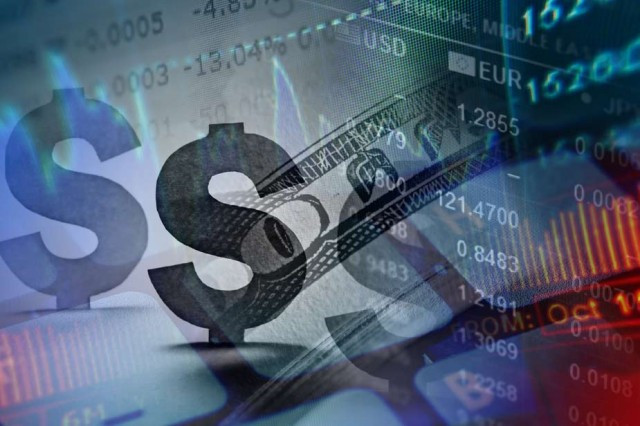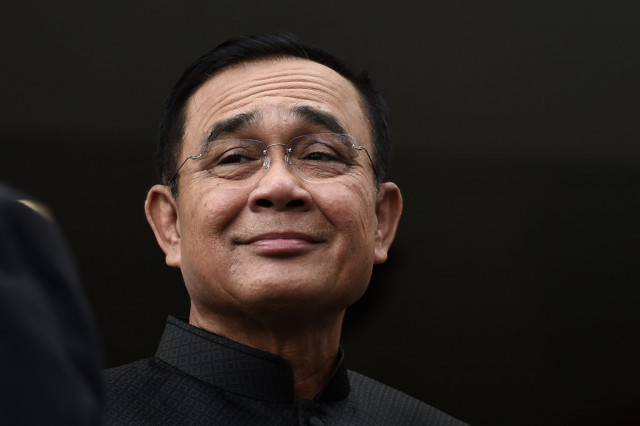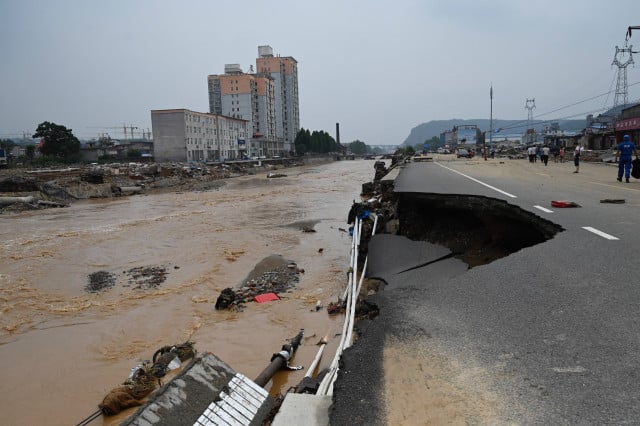Technology helps fight corruption but complicates battle

- Thmey Thmey
- April 29, 2019 2:32 AM
The chair of the APEC Anti-Corruption and Transparency Working Group has questioned the reliability of social media in fighting corruption.
In a statement released in Singapore Wednesday, the APEC Secretariat said advances in technology were helping the fight against corruption, "by prompting governments and the private sector to improve transparency and citizens to demand more accountability.
"Potential whistle-blowers, for example, have more channels of reporting, including through encrypted messages. Information about assets, travel, and procurement is now easier to access.
"But as misinformation becomes more pronounced particularly through social media, a new challenge emerges — how to certify the veracity of the shared information."
Web information ‘not always reliable’
Marta Herrera, chair of the working group, said technological advances “can be useful” in the fight against corruption.
But "the information obtained and provided through the web may not always be reliable,” she said.
Herrera — who also serves as director of the Anti-Corruption Specialized Unit in the Public Prosecutor’s Office of Chile — said rapidly changing technology allowed new types of corruption to evolve “faster than law enforcement agencies can identify.”
The statement noted that fraud had become more sophisticated with online payment systems, secure transaction records, known as blockchain, and crypto currencies.
Data-processing challenge
“The big amount of data and the necessary time to process it also appears as an important challenge,” Herrera said.
She said the working group was able to "not only raise awareness on the important fight against corruption among APEC economies, but also encourage them to enforce anti-corruption and anti-bribery laws together with compliance measures to level the playing field for APEC businesses.”
Chile currently chairs the Asia-Pacific Economic Cooperation forum which comprises 21 economies in the region including seven ASEAN members.















